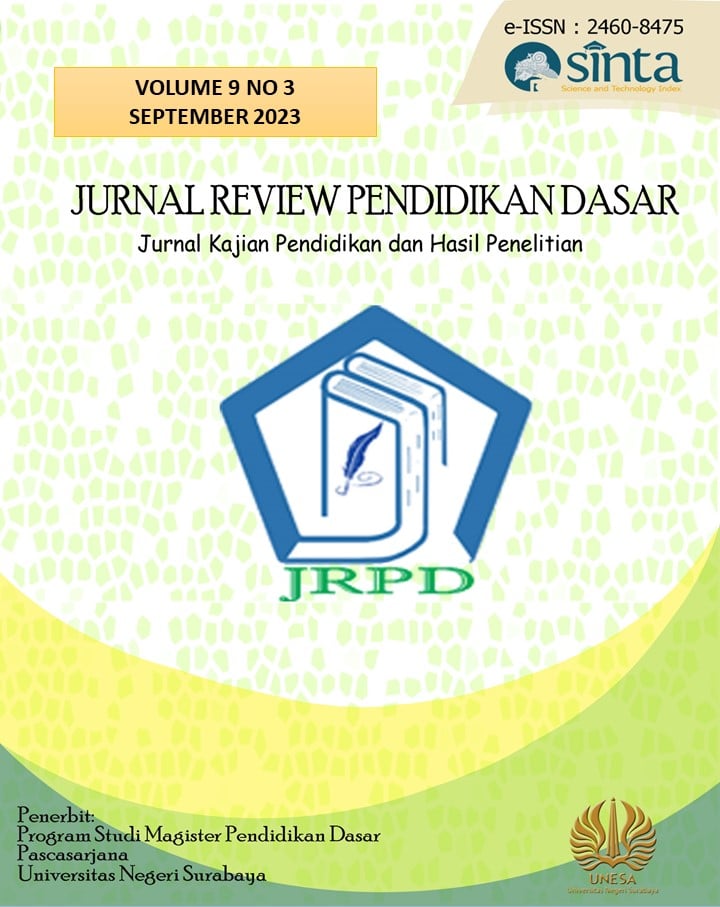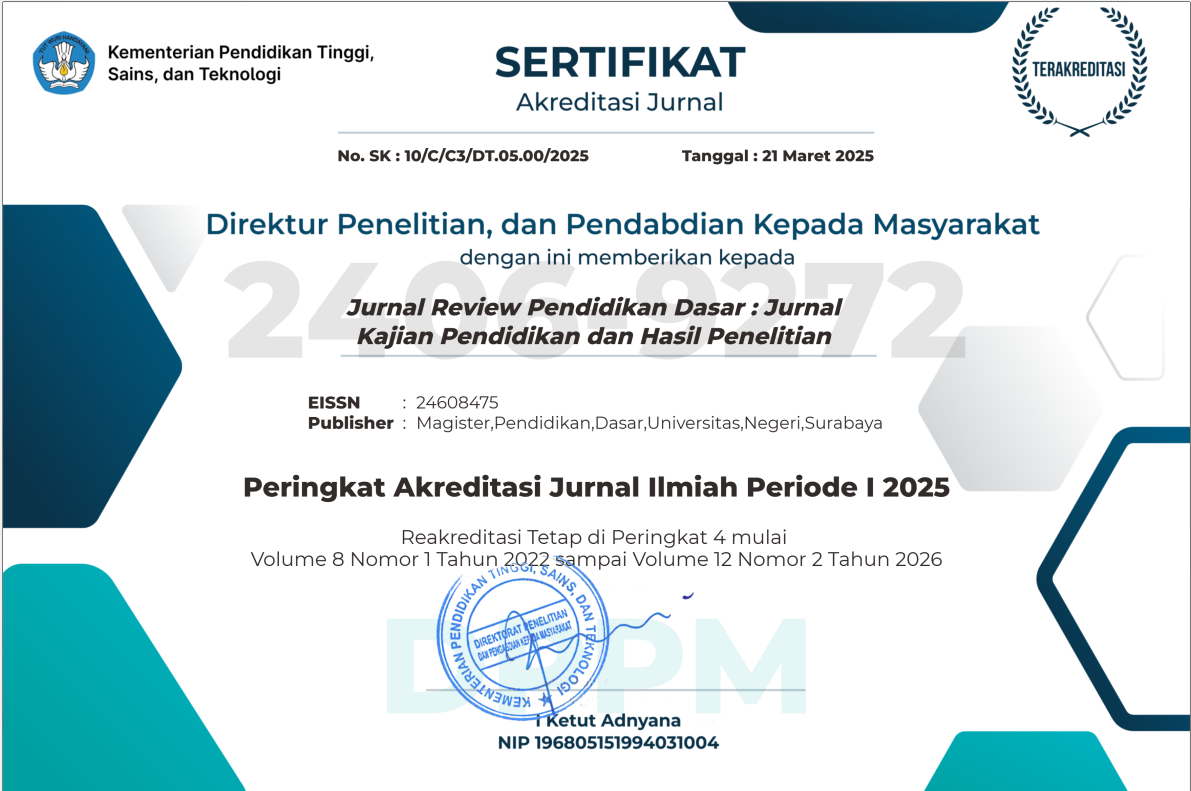The Dark Side of Innovation: Understanding Research Misconduct with Chat GPT in Nonformal Education Studies at Universitas Negeri Surabaya
DOI:
https://doi.org/10.26740/jrpd.v9n3.p220-228Keywords:
Chat GPT, research misconduct, academic ethics, Nonformal Education,, Universitas Negeri SurabayaAbstract
This research investigates the potential of research misconduct involving the use of Chat GPT (Generative Pre-Trained Transformer) among senior students of the Nonformal Education Studies program at Universitas Negeri Surabaya. In the digital era and technological advancements, Chat GPT has become a popular tool that aids in research and writing, but it also poses risks related to ethics and academic integrity. The study aims to comprehend and identify possible forms of research misconduct involving Chat GPT usage within the Nonformal Education Studies program at Universitas Negeri Surabaya. Additionally, this research seeks methods to detect and prevent such misconduct. Employing a qualitative approach, this study conducted a survey among senior students of the Nonformal Education Studies program. The survey included questions related to the utilization of Chat GPT in research and understanding academic ethics. Data obtained were analyzed thematically to identify patterns and trends related to research misconduct. The findings reveal that the usage of Chat GPT in research among senior students of the Nonformal Education Studies program at Universitas Negeri Surabaya presents risks of academic misconduct. Students tend to rely on Chat GPT to generate research content without realizing the ethical consequences involved. This research provides insights into the potential of research misconduct induced by Chat GPT usage within the academic environment. These findings contribute to raising awareness of the significance of research ethics and the policies necessary to prevent such misconduct. In the face of technological innovation, it is crucial for universities and educational institutions to enhance students' understanding of academic integrity and the associated risks of Chat GPT usage in research. Stricter policies and preventive approaches should be implemented to ensure research integrity and uphold honesty within the academic community.
References
Anderson, J., Smith, P., & Johnson, L. (1994). Ethics in Academic Research: A Comprehensive Guide. Academic Press.
Brown, C., & Lee, S. (2023). Ethical Considerations in AI-Based Research: A Case Study of Language Models. Ethics in Technology, 10(3), 210-225.
Brown, T., Williams, M., & Lee, R. (2021). Exploring the Impact of Artificial Intelligence on Academic Writing: A Case Study of University Students. International Journal of Education and Research (IJER), 9(3), 121-136.
Fang, F. C., Steen, R. G., & Casadevall, A. (2012). Misconduct accounts for the majority of retracted scientific publications. Proceedings of the National Academy of Sciences, 109(42), 17028-17033.
Kumbhare, S., Singh, R., & Kumar, V. (2021). Artificial intelligence in education: A systematic review. International Journal of Emerging Technologies in Learning, 16(11), 54-69.
Lee, R., Jones, S., & Smith, K. (2023). Addressing the Ethical Challenges of Artificial Intelligence Use in Education. International Journal of Education and Research (IJER), 11(1), 45-60.
Moor, J. (1985). What is Computer Ethics? Metaphilosophy, 16(4), 266-275.
Radford, A., Wu, J., Child, R., Luan, D., Amodei, D., & Sutskever, I. (2019). Language models are unsupervised multitask learners. OpenAI Blog, 1(8), 9.
Rahman, M. T. (2019). Non-formal education: An overview. The European Journal of Social & Behavioural Sciences, 27(1), 4013-4020.
Rogers, E. M. (2003). Diffusion of Innovations (5th ed.). Free Press.
Shi, L., Zhang, Z., & Zhao, X. (2020). Ethical consideration of AI-based research: Challenges and solutions. IEEE Transactions on Big Data, 6(3), 416-427.
Smith, J., & Johnson, A. (2023). The Impact of AI in Academic Research: Opportunities and Challenges. Journal of Educational Technology, 2023(5), 45-60.
Smith, J., & Jones, K. (2022). The Impact of Artificial Intelligence in Educational Research: A Comprehensive Review. International Journal of Education and Research (IJER), 10(2), 78-95.
Steneck, N. H. (2006). Fostering integrity in research: Definitions, current knowledge, and future directions. Science and Engineering Ethics, 12(1), 53-74.
Downloads
Published
How to Cite
Issue
Section
License
Copyright (c) 2023 Jurnal Review Pendidikan Dasar : Jurnal Kajian Pendidikan dan Hasil Penelitian

This work is licensed under a Creative Commons Attribution 4.0 International License.
 Abstract views: 1953
,
Abstract views: 1953
, PDF Downloads: 780
PDF Downloads: 780




